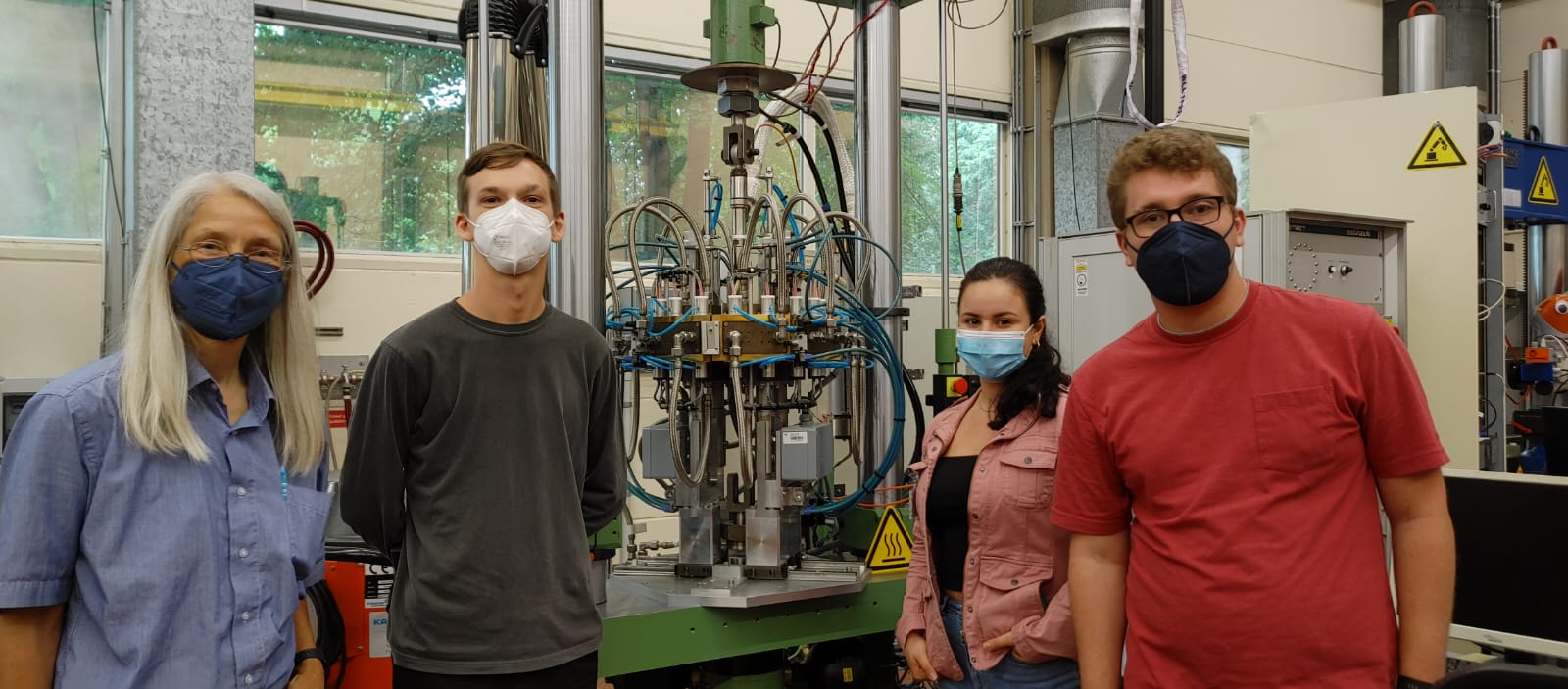Albert Manero wins Fulbright Fellowship to conduct doctoral research at DLR in Cologne, Germany
International Research Experience for Students (NSF IRES)
About: NSF IRES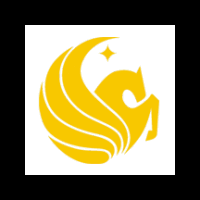
This 8-10 week summer program funded by NSF for graduate and undergraduate students is dedicated to conducting research on the theme of advanced combustion and materials technologies. Through partnership with the German Aerospace Center (DLR), students will gain research experience at a state-of-the-art facility in Cologne, Germany with leading industry scientists and develop professionally in an international environment. IRES: U.S.-Germany will also include cultural activities, industrial visits, housing, and a competitive stipend. This program will be offered each summer through 2023, with the application period taking place during the previous fall semester.
| CLICK HERE TO APPLY NOW CLICK HERE TO APPLY NOW CLICK HERE TO APPLY NOW
This summer research experience offers:
|
IRES Students
Blog
|
The 2022 US-Germany IRES Team
The 2022 International Research Experience for Students (IRES) program is currently in full swing! Rosa Olivera, Benjamin Latrobe, and Brendon Cavainolo are taking part in a flourishing collaboration among US and German researchers from UCF and DLR. The goal of this year is the advancement and education of combustion and materials technologies. They are a collection of graduate and undergraduate students in mechanical and aerospace engineering programs at UCF, whose research specialties include combustion, propulsion, materials, and more. These students will spend the summer conducting research under the mentorship of scientists from UCF and the German Aerospace Center (DLR). Learn more about the IRES students here and keep up with them through their blog page.

2017 IRES students pose with a shock tube at the DLR facility in Stuttgart, where Owen performed his IRES research.
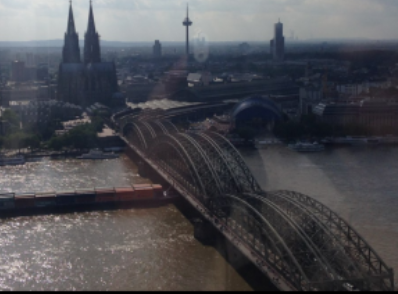
Hohenzollern Bridge in Cologne, Germany
Research On Advanced Combustion and Materials Technologies
Worldwide efforts to meet next generation propulsion capabilities for hypersonic suborbital and reusable space vehicles and power generation systems rely on interdisciplinary and transformational technologies. Collaboration between scientists and engineers within the field is essential to understanding and addressing bigger problems to create innovative solutions by facilitating international experiences for U.S. students. This is achieved through collaborative research between the German Aerospace Center (DLR) and the University of Central Florida (UCF), as well as a partnership with Argonne National Laboratory. Each participating student will join a team that addresses a specific research problem within the field of advanced combustion and aerospace materials and collaborate with local and international partners to direct their research towards the needs of industry. The exact objectives of the IRES program will evolve from year to year. For 2021, the scope of the project is as follows:
- Thermal management strategies for additive manufacturing materials to support combustion needs in extreme environments
- Design materials that can withstand high and ultra-high temperatures with integrity and durability
- Characterization of materials using in-situ non-destructive methods
- Combustion kinetics of exceptional fuel reactions through new combustion strategies
Fulbright US Program Researchers
Several student researchers who participated in NSF IRES over the years were awarded the Fulbright US Program grant to continue their research at DLR. To learn more about the students who participated in this program, click here.
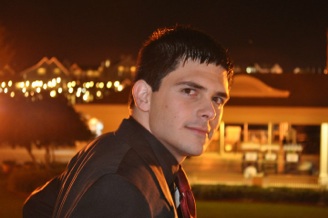
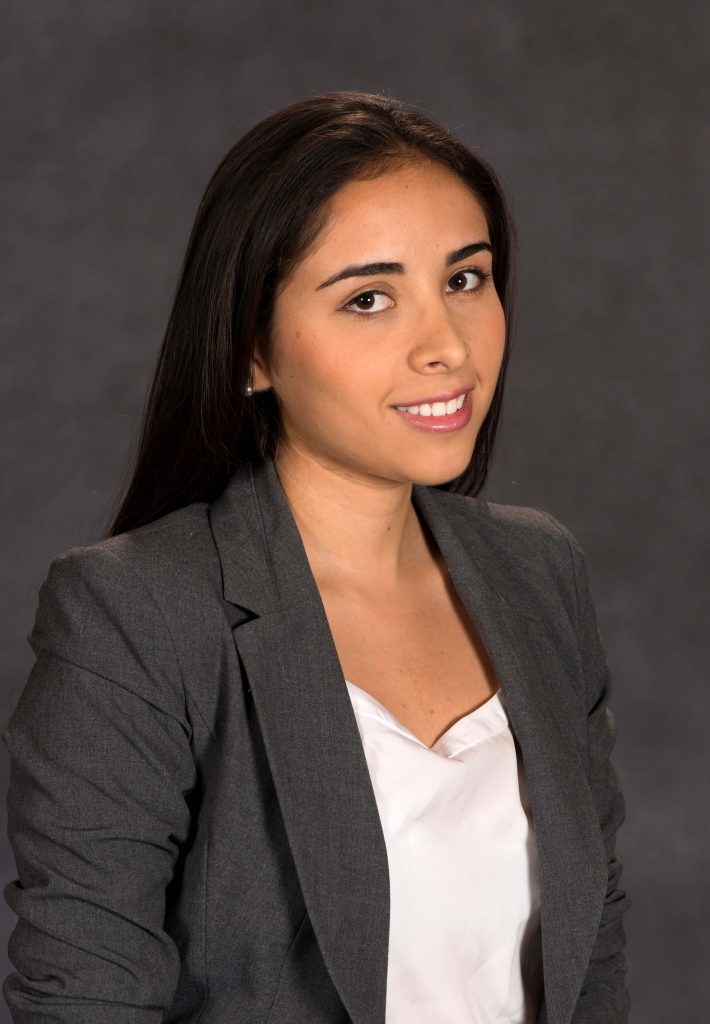
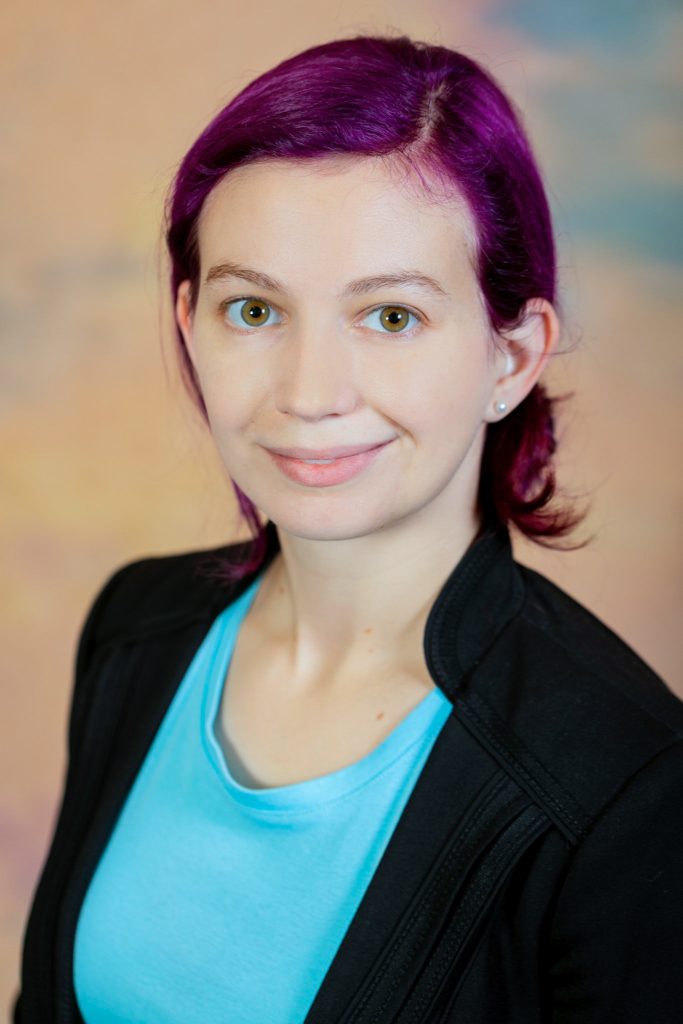
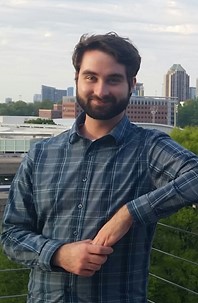
From left to right: Fulbright recipients Albert Manero II (2014-2015), Estefania Bohorquez (2018-2019), Lin Rossmann (2018-2019), and Zachary Stein (2020-2021).
Why Germany?
In 2013, BBC News declared ‘The best engineers come from Germany’. This claim is supported by a long history of metallurgy and machine engineering and a more recent history of competitive innovation in the fields of materials and aerospace engineering. Home to leading companies like Siemens and ThyssenKrupp, the German aerospace industry is expanding at a rate more than three times the nation’s GDP, generating over 30 billion in revenue each year. This growth can only be maintained by developing new materials to drive innovation potential and competitiveness in the world market. “WING – Innovative Materials for Industry and Society” is a program of the German Federal Ministry of Education and Research that categorizes materials research, chemistry, and nanotechnology as essential elements of innovation in all engineering fields. Germany’s new High-Tech Strategy aims to drive prosperity and improve quality of life by creating favorable conditions for innovation.
- The best engineers come from Germany
- SIEMENS Deutschland (a history)
- ThyssenKrupp AG
- WING – Innovative Materials for Industry and Society
- Germany’s new High-Tech Strategy
Our Partners: The German Aerospace Center (DLR)
DLR is the national aeronautics and space research center of the Federal Republic of Germany. Its extensive research and development work in aeronautics, space, energy, transport and security is integrated into national and international cooperative ventures. In addition to its own research, as Germany’s space agency, DLR has been given responsibility by the federal government for the planning and implementation of the German space program.
DLR has approximately 8000 employees at 16 locations in Germany: Cologne (headquarters), Augsburg, Berlin, Bonn, Braunschweig, Bremen, Goettingen, Hamburg, Juelich, Lampoldshausen, Neustrelitz, Oberpfaffenhofen, Stade, Stuttgart, Trauen and Weilheim. DLR also has offices in Brussels, Paris, Tokyo and Washington D.C.
DLR’s mission comprises the exploration of Earth and the Solar System and research for protecting the environment. This includes the development of environment-friendly technologies for energy supply and future mobility, as well as for communications and security. DLR’s research portfolio ranges from fundamental research to the development of products for tomorrow. In this way, DLR contributes the scientific and technical expertise that it has acquired to the enhancement of Germany as a location for industry and technology. DLR operates major research facilities for its own projects and as a service for clients and partners. It also fosters the development of the next generation of researchers, provides expert advisory services to government and is a driving force in the regions where its facilities are located.
Program Annual Timeline
For 2021 – 2023
Application deadline: Mid November
Interviews: Mid to end November
Notification of acceptance: Early December
In order to facilitate the pre-departure preparation, accepted students will be asked to confirm their involvement in the program within 2 weeks of notification of acceptance and commit to ten hours of research per week during the spring semester.
Spring research collaboration and preparation for departure: January – April
Departure: May
Return: Early August
Requirements
- US citizen or permanent resident
- Registered as an undergraduate or graduate student at the University of Central Florida
- Available at least 10-20 hours per week during the spring term
- Able to enroll in 3 credits of directed research in the spring term
- Available for departure for 10-12 weeks from May to August
For more information contact Dr. Seetha Raghavan
This website is based in part upon work supported by the National Science Foundation under Grant No.1952523. Any opinions, findings and conclusions or recommendations expressed in this website are those of the author(s) and do not necessarily reflect the views of the National Science Foundation (NSF).

